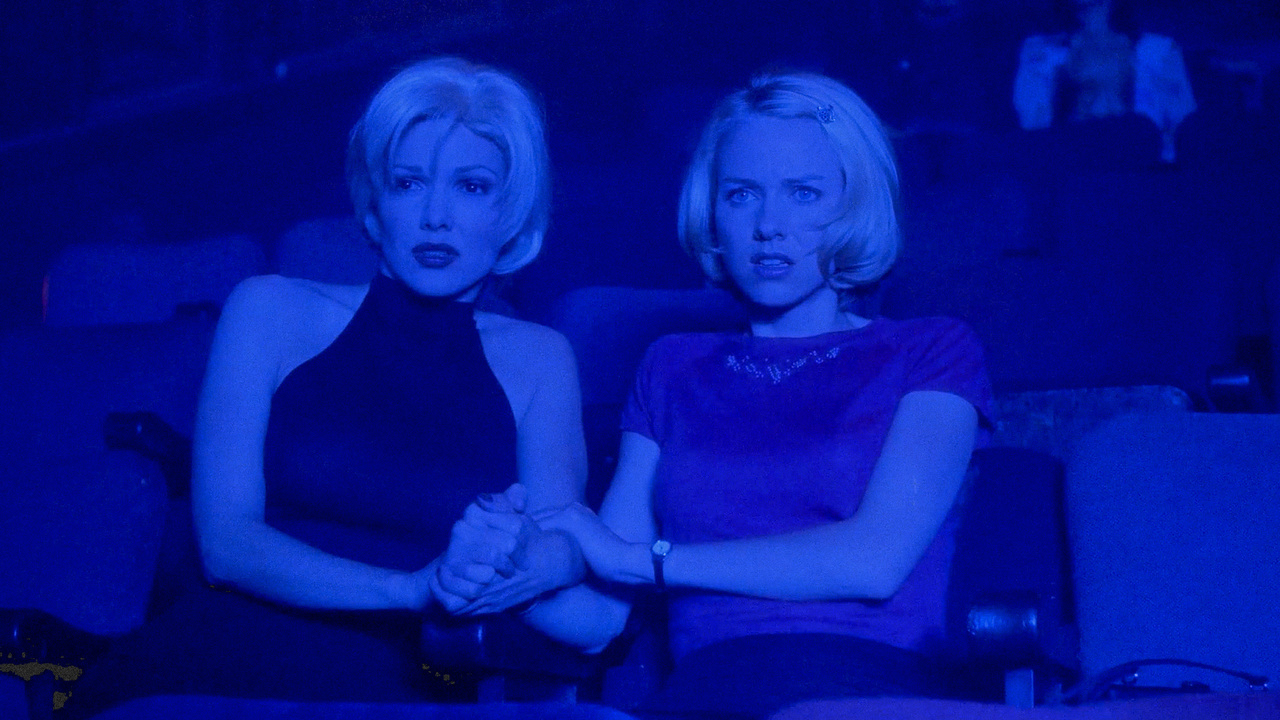
Mulholland Drive, which I’ve just watched the 2nd time, is for me the kind of film that is much better afterwards, when I think about it, than when I was watching it.
Do I agree with BBC’s choice of Mulholland Drive as the greatest film of the 21st century? Probably not. But it’s an unusual film, a daring film—David Lynch plays with the form and experiments with narrative. The key moment of the film is at Club Silencio: a man says “No hay banda. There is no band.”, which is followed by a beautiful and mesmerising performance in Spanish—we are captivated, we are swept up by it, then the singer drops dead onstage whilst the song continues playing, shattering the illusion. We are thrown into reality. The film reminds me of the Ingmar Bergman quote “When film is not a document, it is dream”. There can be other ways to interpret Mulholland Drive, such as alternate realities, but I go with the interpretation that the 1st 2/3 of the film is a dream—Diane’s dream, the rest is reality. As Diane is a failing actress, depressed and destructive after abandoned by the glamorous but selfish and opportunistic Camilla, Betty is the person she dreams to be, an aspiring actress welcomed and praised by everyone in fairytale Hollywood, and Rita is the person she wishes Camilla to be, a distressed person who follows her, has to depend on her, and loves her.
This is an important film.
No comments:
Post a Comment
Be not afraid, gentle readers! Share your thoughts!
(Make sure to save your text before hitting publish, in case your comment gets buried in the attic, never to be seen again).